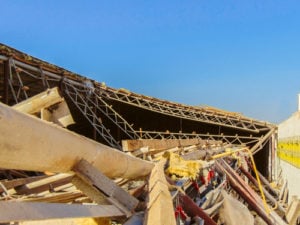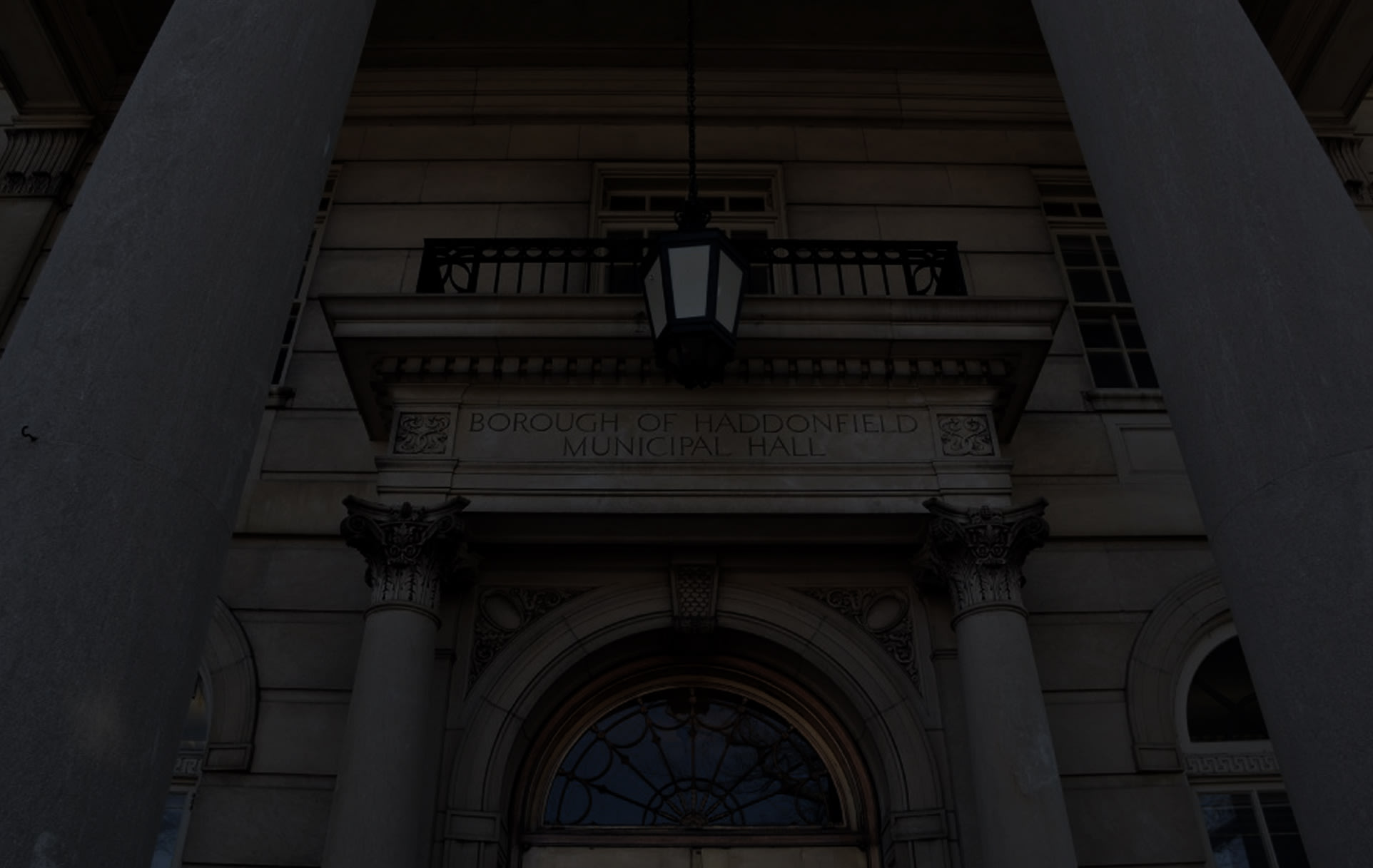 Structural collapses can be some of the most dangerous worksite accidents simply because they often cannot be anticipated or even avoided, in the moment at least. Most structural collapses are the result of improper planning, design, or construction that are not recognized until after the collapse during the investigation. Even worse, when the collapses involve buildings that are old and being demolished, finding the responsible parties – if they are even still alive or in existence – can be incredibly challenging.
Structural collapses can be some of the most dangerous worksite accidents simply because they often cannot be anticipated or even avoided, in the moment at least. Most structural collapses are the result of improper planning, design, or construction that are not recognized until after the collapse during the investigation. Even worse, when the collapses involve buildings that are old and being demolished, finding the responsible parties – if they are even still alive or in existence – can be incredibly challenging.
Filing a Claim in New Jersey for a Structural Collapse Injury
Structural collapses that result in injuries or death will often give rise to negligence claims. Most actions for personal injury are based on the legal theory of negligence, which states that a party can be held liable for damages caused when it is proven that the defendant owed a duty of care to the injured party, that the actions of the defendant represented a breach of that duty of care, and that the breach of the duty of care caused the injuries claimed.
In the context of structural collapses, one of the primary issues facing an injured party is determining the proper defendant or defendants. Who should they seek to hold responsible for their injuries? Who is at fault? Because the nature of a collapse often results in destruction of the site and the evidence of fault, attorneys for injured parties must spend many hours researching and evaluating the possible parties and their roles in the construction and design of the collapsed structure. The attorneys must then decide, based on the evidence of their experts, which of these parties to name in a lawsuit. These decisions are incredibly important as the only way to hold someone liable is to name them as a party.
When it comes to structural collapses during the demolition process, it is highly likely that any defendant will seek to have the court or the jury conclude that it was the plaintiff’s actions during the demolition process that caused the injury – a concept known in New Jersey as “comparative negligence.”
Theory of Comparative Negligence
Comparative negligence is a legal theory that seeks to apportion responsibility for damages based on the individual’s degree of fault. For example, if an individual suffers damages in a structural collapse of $100,000, and the court finds that the injured individual was 20 percent at fault because of the method used in the demolition, and that the defendant was 80 percent at fault due to the use of substandard construction materials, the injured party would be entitled to receive $80,000. This is known as “pure” comparative negligence – where the injured party recovers regardless of their own negligence.
Comparative Negligence in New Jersey
New Jersey uses the “modified comparative negligence” standard, which states that in order for a party to recover damages, they cannot be more at fault for the damages than the party they seek to hold responsible. Therefore, if the court or jury finds the injured party to be 51 percent or more at fault for their injuries, they are barred from any recovery.
Contact a Cherry Hill Personal Injury Lawyer to Discuss Your Structural Collapse Case in New Jersey
Did you or a loved one sustain serious injuries due to a structural collapse on a construction site in New Jersey? Don’t let the medical bills pile up while you wait for the negligent party or their insurance company to do the right thing. Right now, you need an aggressive personal injury attorney on your side, fighting to get you the compensation you need, want, and deserve. The skilled attorneys at The Law Offices of Andres, Berger & Tran represent clients injured because of a construction accident in Camden, Pennsauken, Gloucester Township, Lindenwold and throughout New Jersey. Call 856-317-6558 or email us to schedule a free consultation about your case. We have an office conveniently located at 264 Kings Highway East Haddonfield, NJ 08033.
The articles on this blog are for informative purposes only and are no substitute for legal advice or an attorney-client relationship. If you are seeking legal advice, please contact our law firm directly.













